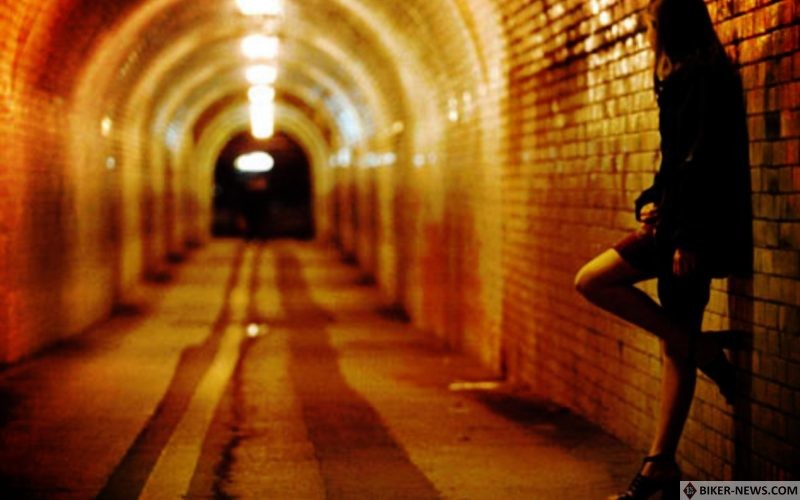Outlaw Motorcycle Clubs have started positioning themselves to capitalize on any legalization of prostitution in South Australia.
The Sunday Mail can reveal a senior Rebels member from Sydney is establishing a new brothel in the city, while a defunct Finks-owned brothel at Thebarton has reopened. Sources have revealed the Sydney bikie — the brother of a well-known South Australian Rebels member — is providing the finance for the Franklin St brothel.
The new brothel is expected to have between five and 10 prostitutes on its roster, supervised by a madam who has extensive experience in the industry in Adelaide. She is linked to another well-known Adelaide bikie. The Thebarton brothel, located in Ann St, has been closed for more than a year but has just reopened.
A Greens private members bill to decriminalise prostitution in SA passed the Upper House of state parliament last month. It is expected to be debated and face a conscience vote in the Lower House in August — the first time in 13 attempts such legislation has proceeded this far.
Among its many provisions, the legislation removes all offences relating to engaging in, soliciting or living off the proceeds of prostitution. It contains no measures to restrict who can own or operate a brothel. Sources have told the Sunday Mail that while bikies have historically not been the major player in the prostitution industry in Adelaide, that was “highly likely” to change if the legislation was passed in its present form.
“They are already preparing for that,” one source said. “The fact a club member from Sydney is prepared to invest in a brothel in Adelaide speaks volumes for their intentions. It is a clear indicator they intend to take advantage of this move. They know the opportunity this presents for their business model. You could not find a better business to launder cash through and they know that.”
Senior police yesterday declined to comment on the involvement of Outlaw Motorcycle Clubs members in the prostitution industry while the legislation was still being debated in state parliament. However, in a parliamentary select committee of inquiry into the bill in 2016 senior police stressed the need for measures to be included in any decriminalization legislation to prevent organised criminals from owning or operating brothels.
Then Assistant Commissioner (Crime) Linda Fellows told the committee that while police did not have a view on the decriminalization of the industry, it was important there were regulations to protect workers “as well as preventing the infiltration of serious organised crime into what, under the proposed bill, would essentially be a completely unregulated industry, which we have some grave concerns about.”
“If we are going to change or move to a decriminalized environment, we think that having a completely unregulated environment will only lead us to problems in the future,” Ms Fellows told committee chair MLC Tammy Franks. Ms Fellows said because the industry predominantly used cash, not credit cards, and this was difficult to track.
“It also makes it extremely attractive to organised crime because the cash industry is attractive and, again, if it were to be completely unregulated, that would make it open to infiltration for serious organised crime in terms of money laundering and being able to put tainted money through what would then be a legal business,” she said. “I think any regulation needs to focus on the probity and the appropriateness of people who are in roles of owning or operating and managing those businesses, if it were the case. I notice in the proposed bill that there is no probity checking on anyone involved in the industry. I guess we would advocate that is necessary.”
She told the committee the prostitution industry was not controlled by organised crime, but there was intelligence that indicated Outlaw Motorcycle Clubs were linked to between five and 10 per cent of the 180 brothels operating in SA.
“There are people behind the scenes, and that is where I talk about the involvement of outlaw motorcycle clubs who, while they may not be the owners of the building or the manager of the brothel, may silently be a partner by providing funds or being paid protection money, or they have an involvement not obvious to police,” she said.
Ms Fellows told the committee the probity provisions within the Tattooing Industry Control Bill, which kept bikies from operating tattoo parlours, provided “a fairly decent framework for a model.” ” … it can immediately eliminate those people from the industry through legislation,’’ she said.
Attorney-General Vickie Chapman, who is sponsoring the bill in the Lower House with amendments, yesterday said she had discussed various issues surrounding the bill with police commissioner Grant Stevens. It is understood licencing has already been flagged informally with Ms Chapman and is likely to become an issue in the Lower house debate.
